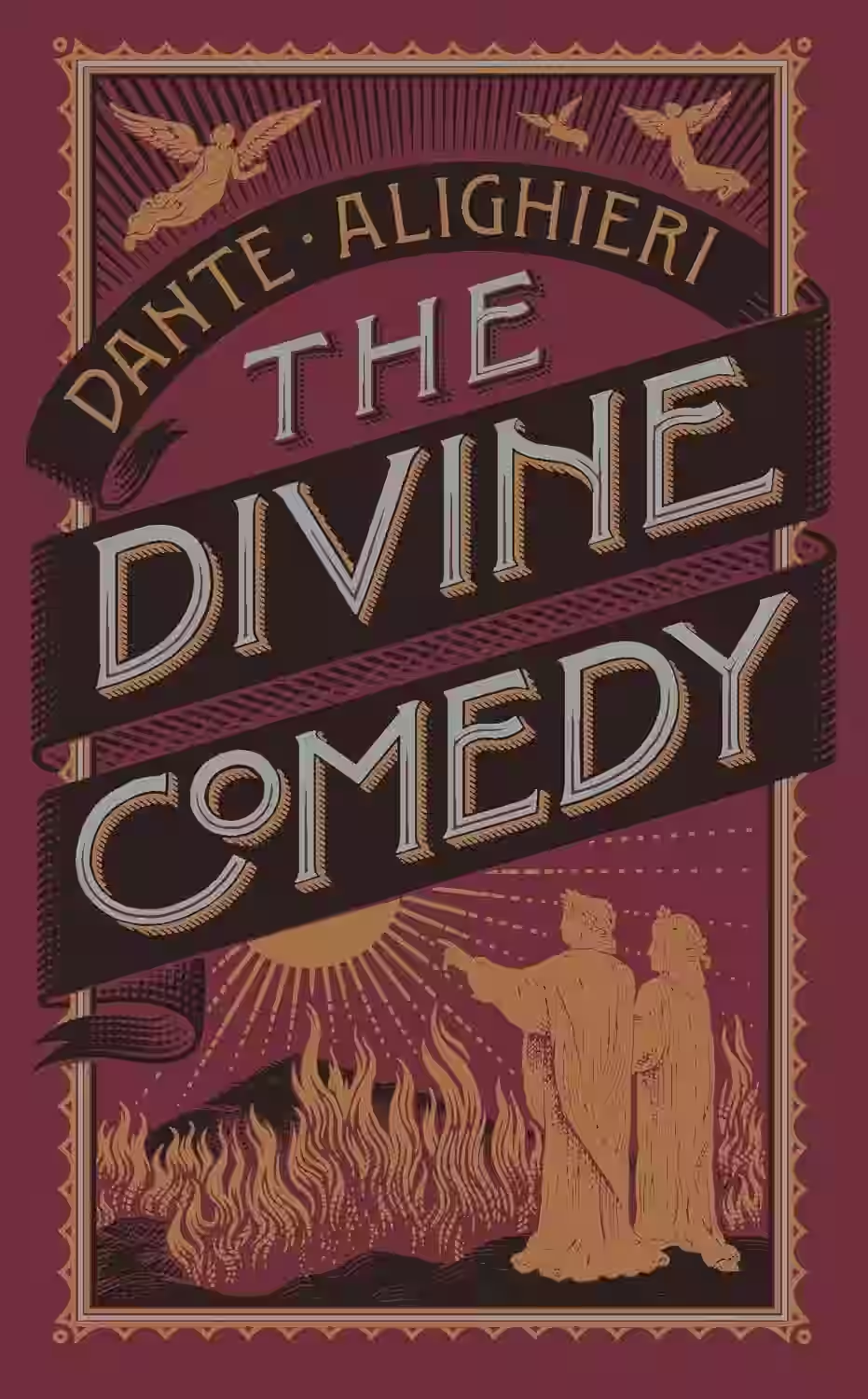
Dante’s epic poem follows the author’s allegorical journey through Hell (Inferno), Purgatory (Purgatorio), and Heaven (Paradiso), guided first by Virgil, then Beatrice. Rich in theological symbolism, classical references, and poetic vision, it explores sin, redemption, and divine justice. The Divine Comedy is both a personal spiritual odyssey and a timeless meditation on human morality, inspiring countless works of art, literature, and philosophy since the 14th century.
About Dante Alighieri
An Italian poet, writer, and philosopher, universally considered the greatest Italian poet. His masterpiece, The Divine Comedy, is an epic poem that describes a journey through Hell (Inferno), Purgatory (Purgatorio), and Paradise (Paradiso). Dante's work is a profound exploration of theology, philosophy, morality, and the human soul, shaping the Italian language and influencing Western literature and thought for centuries.
Similar Books
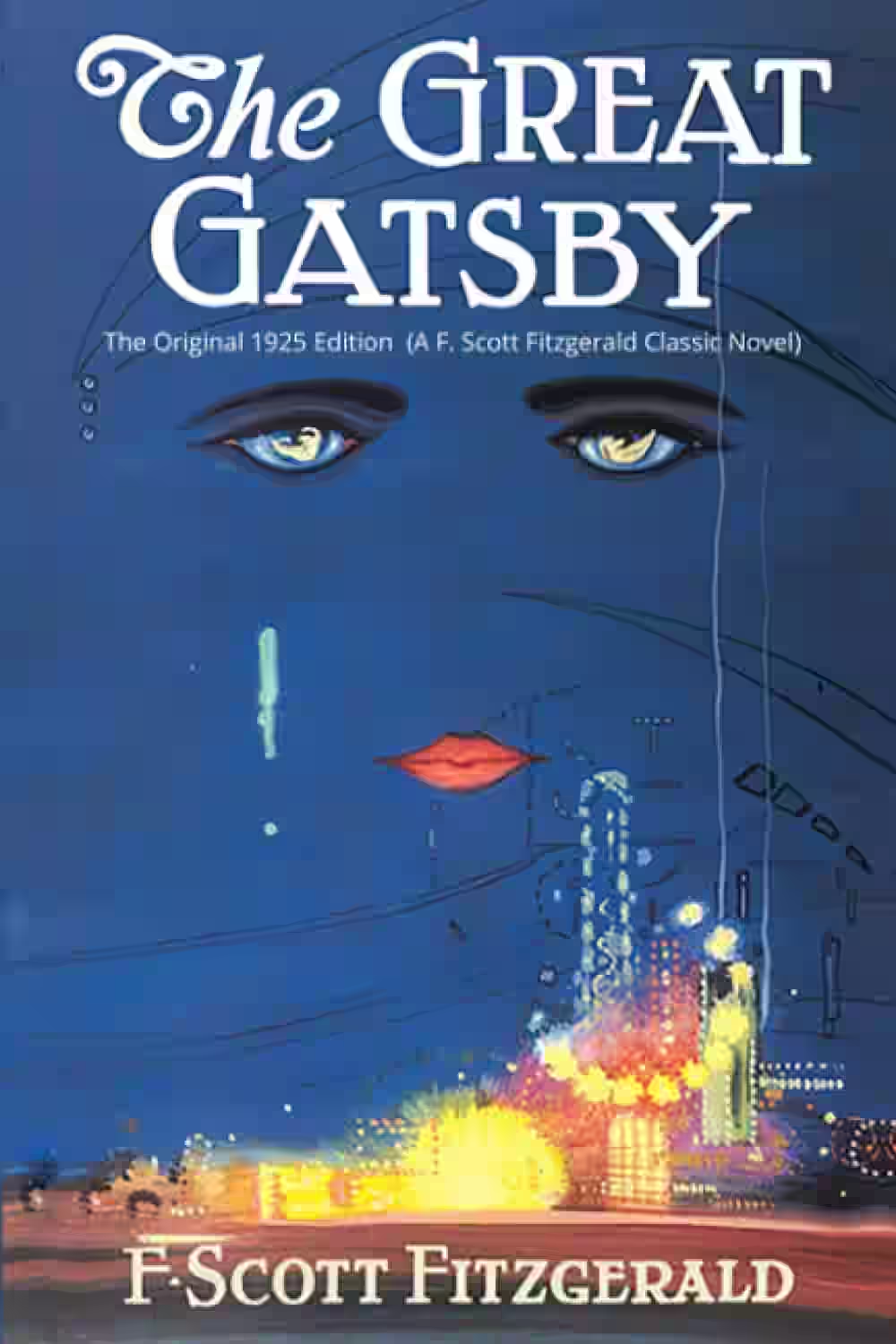
The Great Gatsby
Set in the decadent summer of 1922, this masterpiece follows mysterious millionaire Jay Gatsby's obsessive pursuit of his former love, Daisy Buchanan. Through the eyes of narrator Nick Carraway, the story unfolds in a world of lavish parties and empty morality, exploring themes of wealth, love, and the corruption of the American Dream. As Gatsby's facade crumbles, the novel reveals the hollow heart of the Jazz Age.
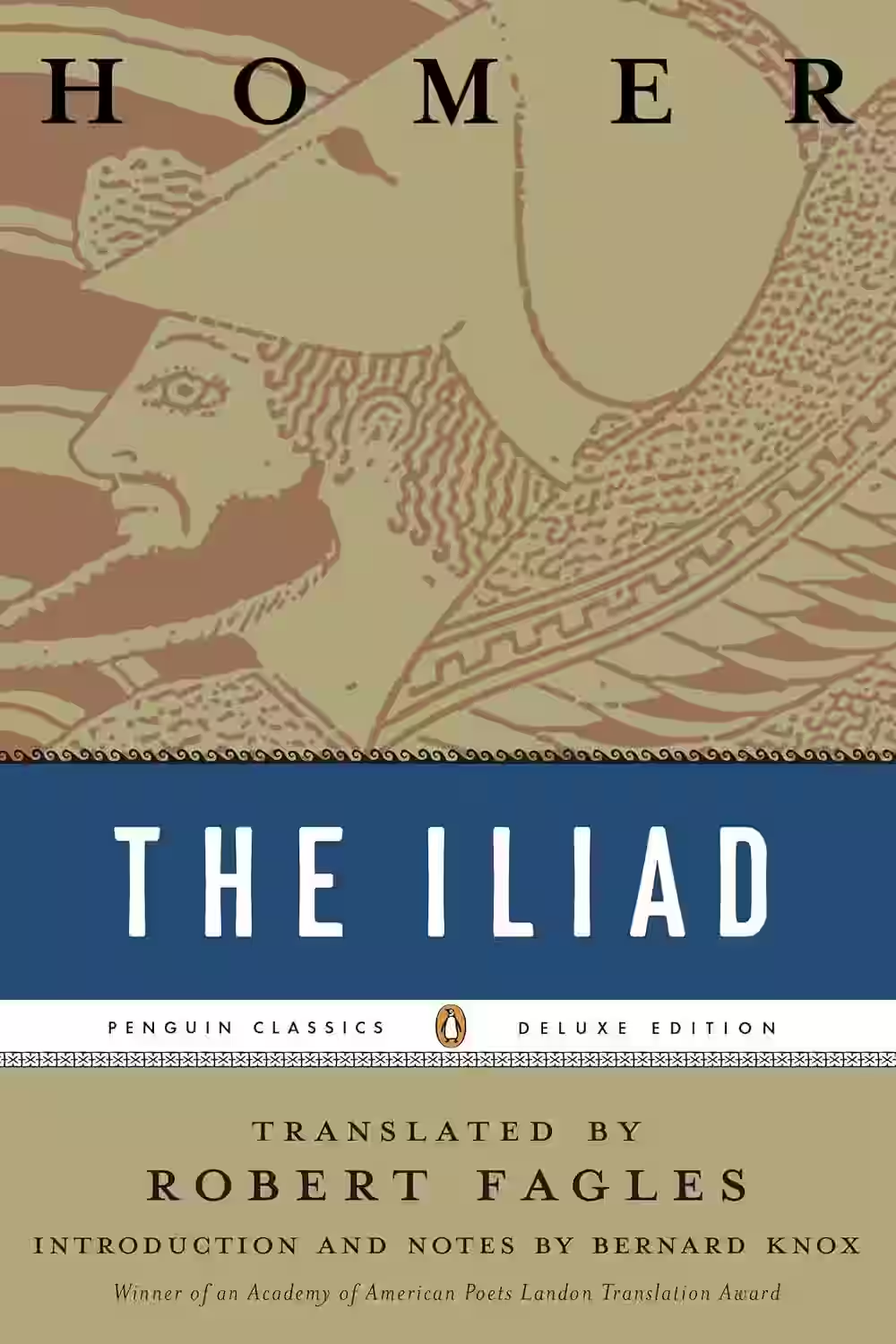
The Iliad
by Homer
Attributed to Homer, The Iliad is an ancient Greek epic poem that recounts the events of the Trojan War, focusing on the wrath of Achilles. Set during the final weeks of the war, it explores themes of honor, pride, fate, and the brutality of conflict. Heroes like Hector, Agamemnon, and Odysseus face gods and mortality on a battlefield soaked in glory and grief. While it centers on battles, the poem also delves deeply into human emotions, divine intervention, and the consequences of vengeance. A cornerstone of Western literature, The Iliad remains a timeless exploration of war and heroism.
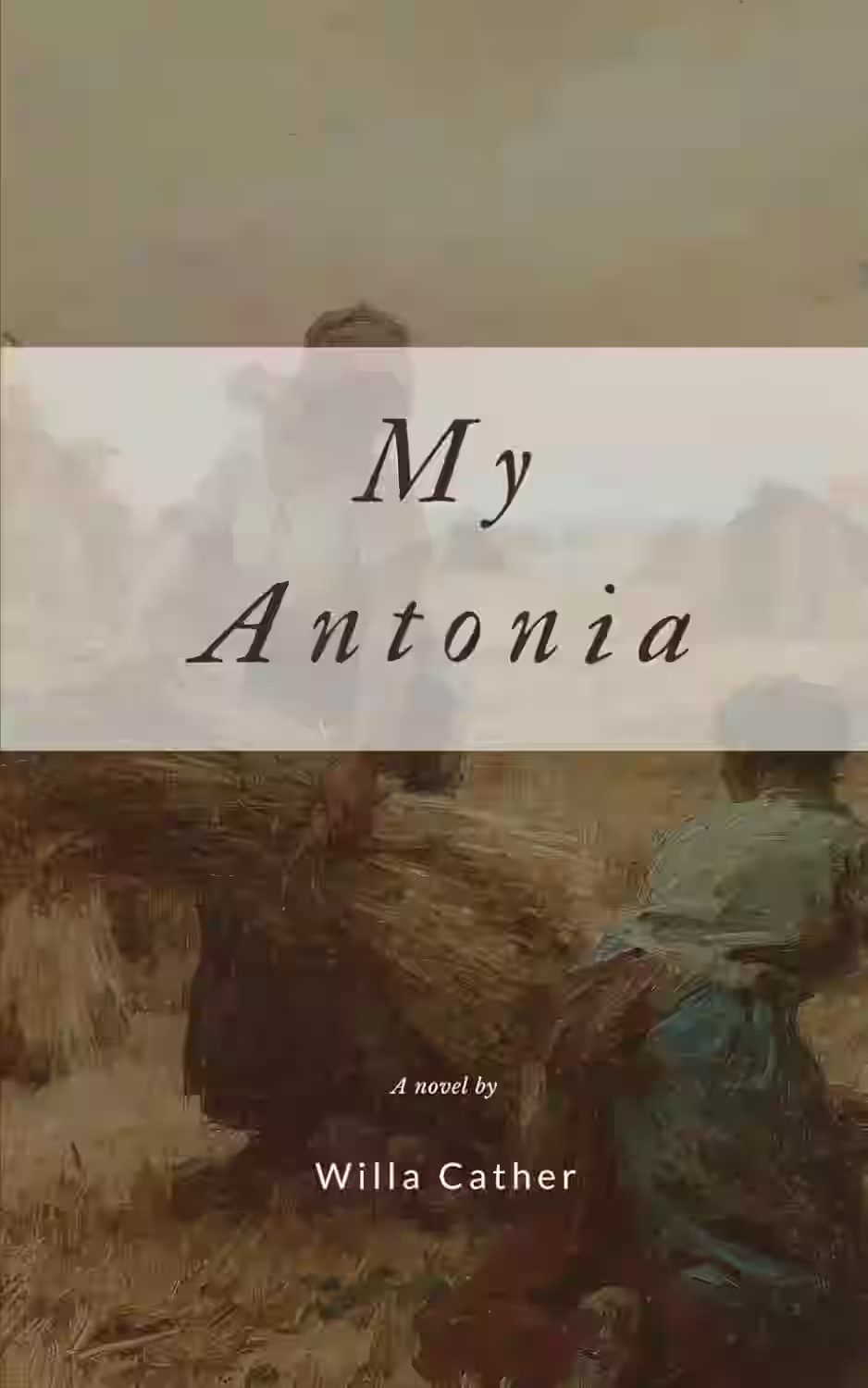
My Antonia
by Willa Cather
Told through the eyes of Jim Burden, My Ántonia recounts the life of Ántonia Shimerda, a spirited immigrant girl on the Nebraska frontier. Through vivid landscapes and deep characterizations, Cather celebrates pioneer life, hard work, and memory. The novel is a nostalgic tribute to the resilience of early settlers and the bond between people and place, filled with poetic prose and quiet power.
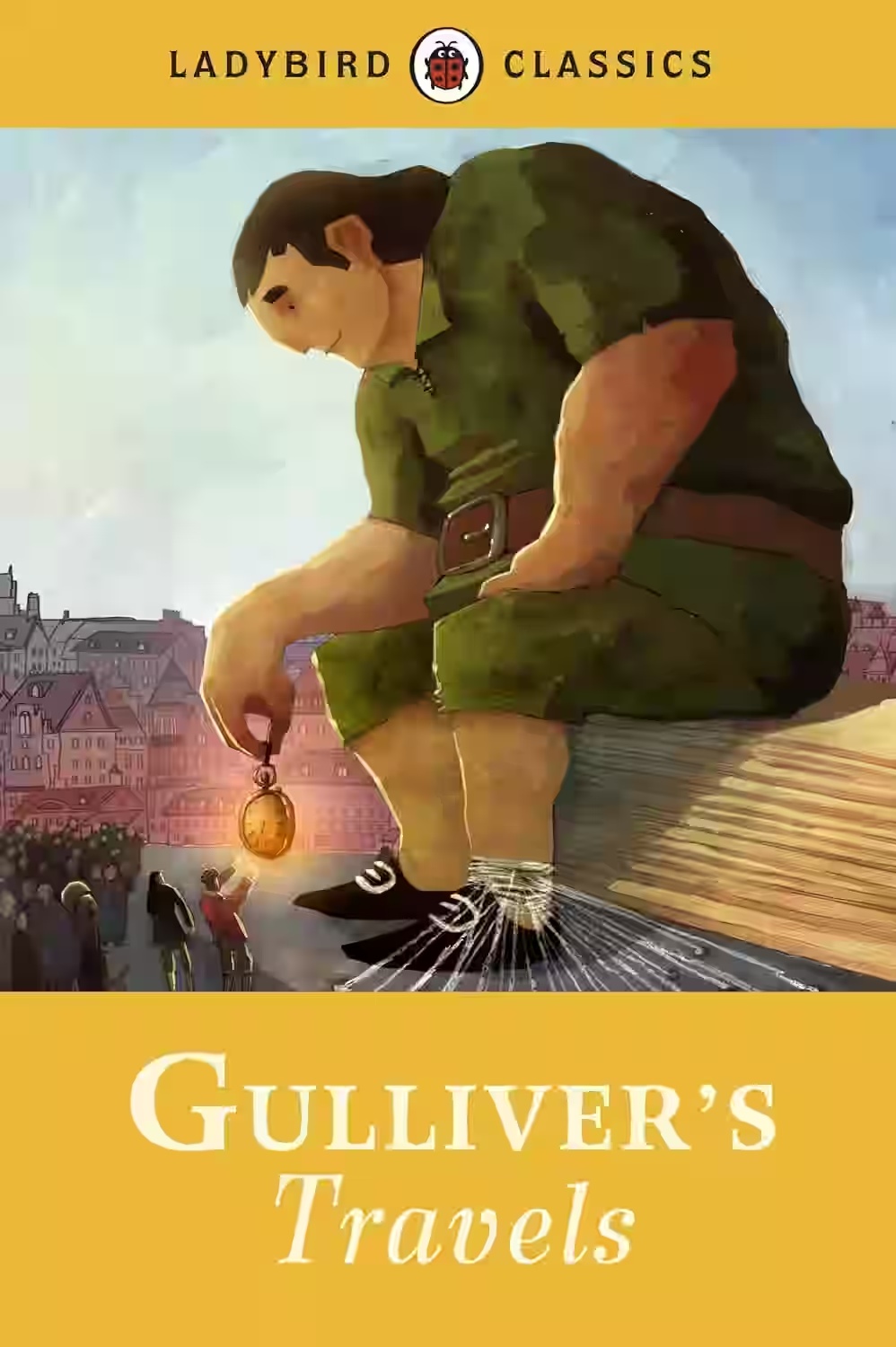
Gulliver’s Travels
This satirical classic follows Lemuel Gulliver’s fantastical voyages to strange lands—from tiny Lilliputians to giant Brobdingnagians, and beyond. Each journey critiques human nature, politics, and society through absurdity and exaggeration. Beneath its fantastical surface lies sharp social commentary on power, pride, and cultural hypocrisy. Swift’s wit and imagination make Gulliver’s Travels a timeless work of political satire and philosophical reflection, as relevant today as when it was published in 1726.